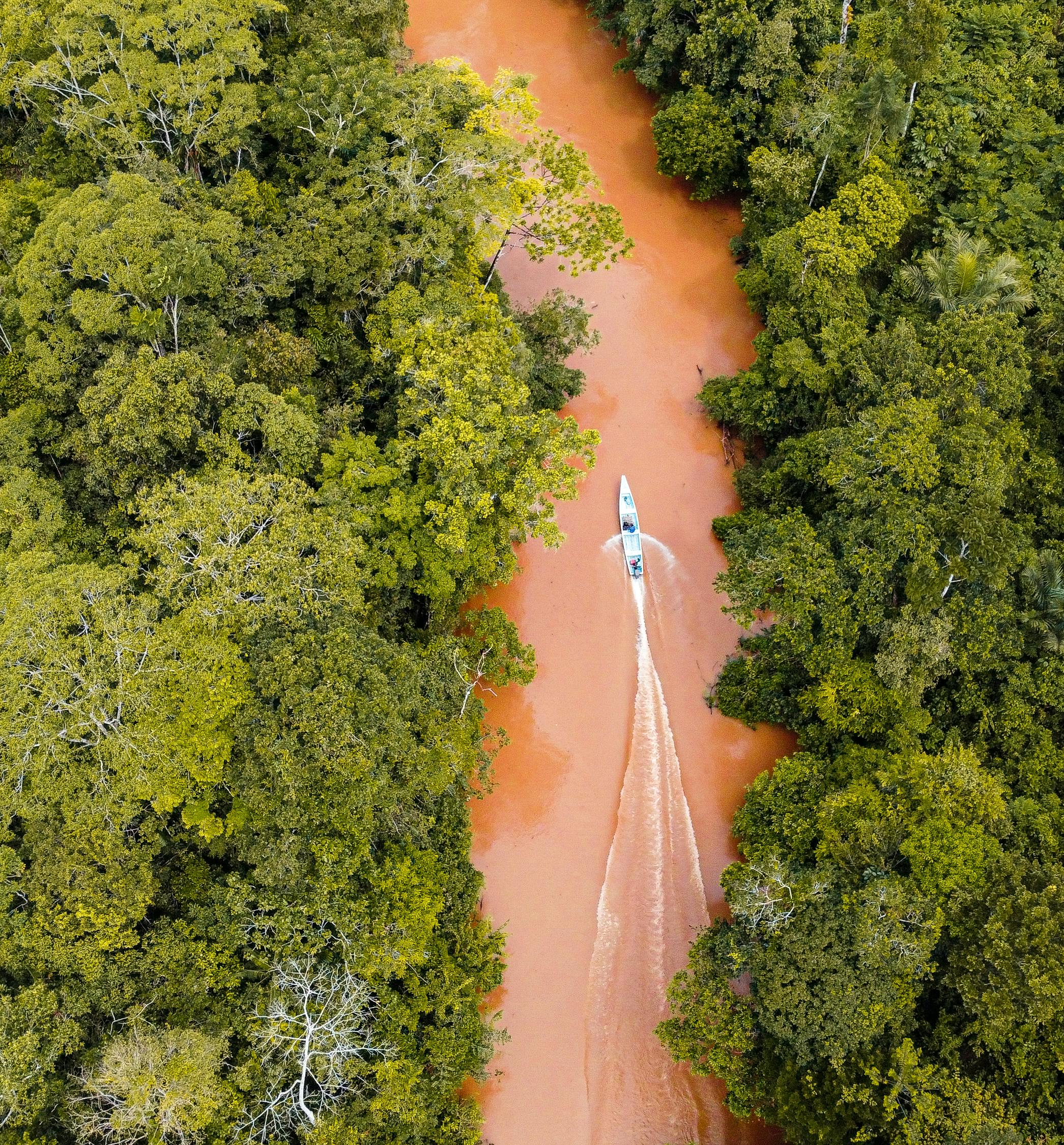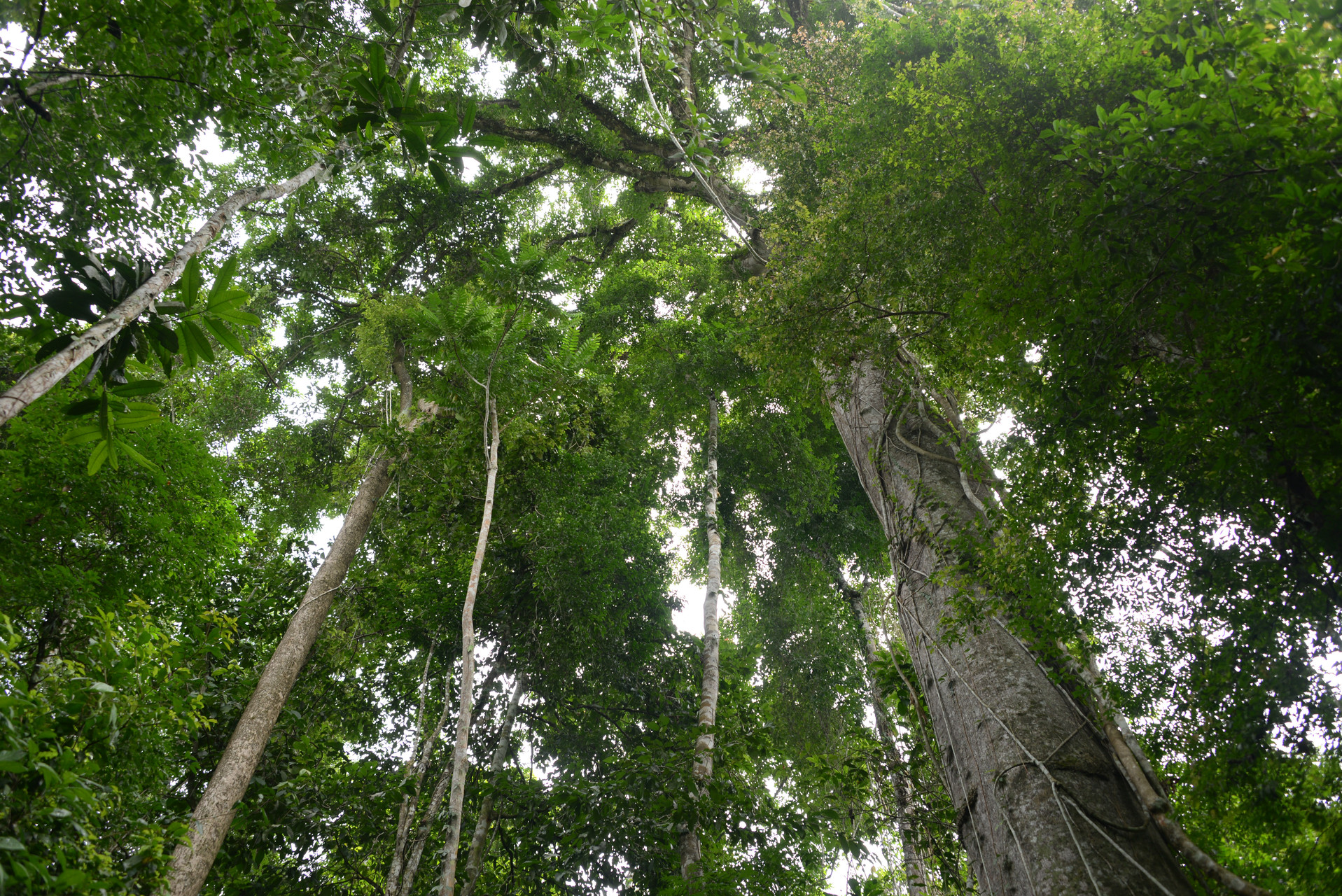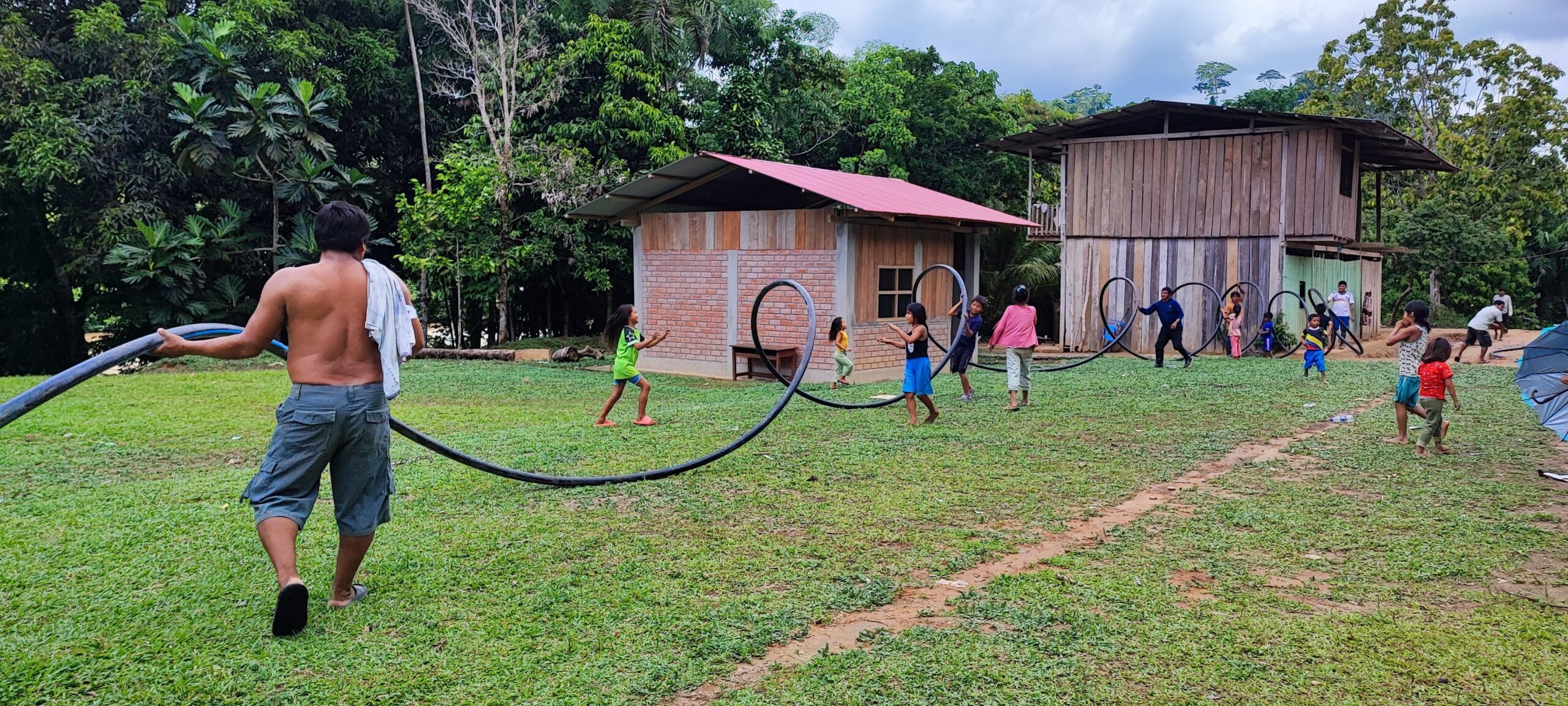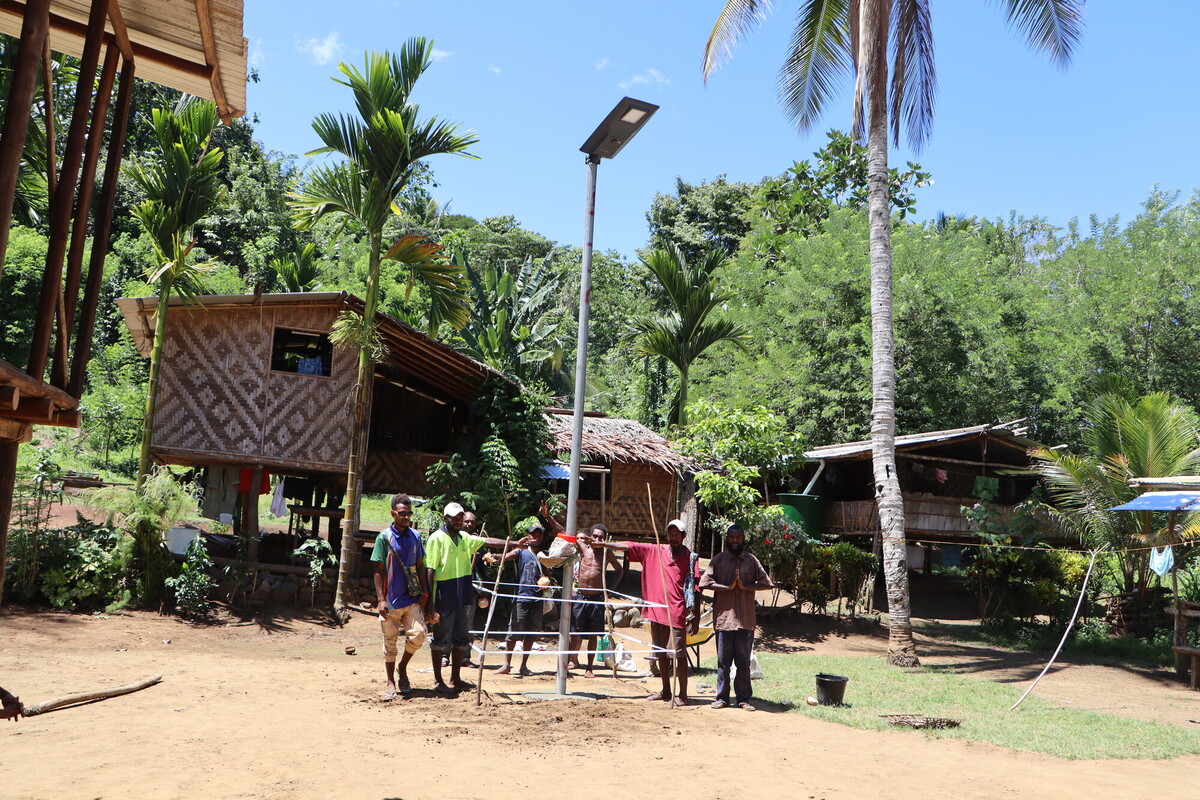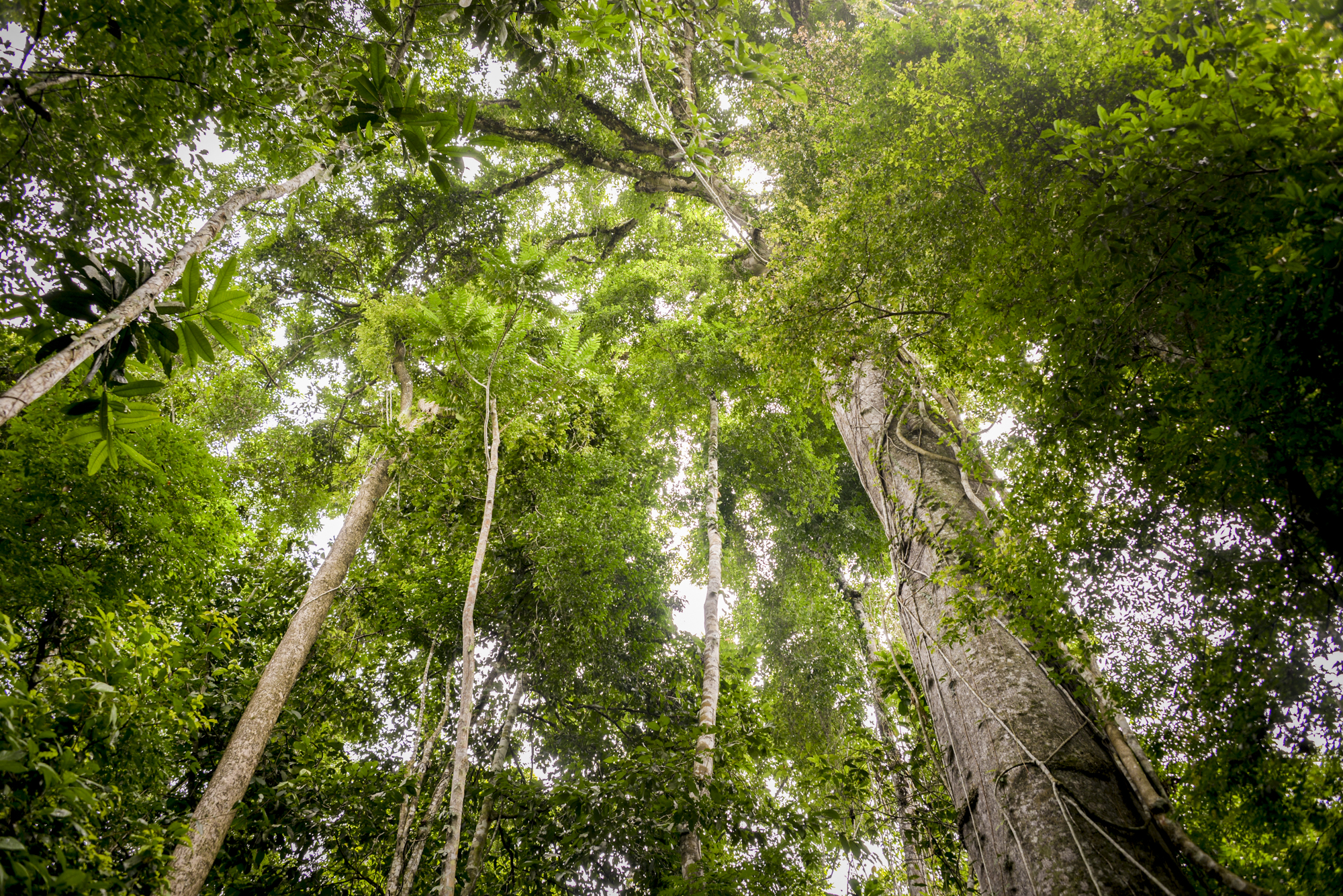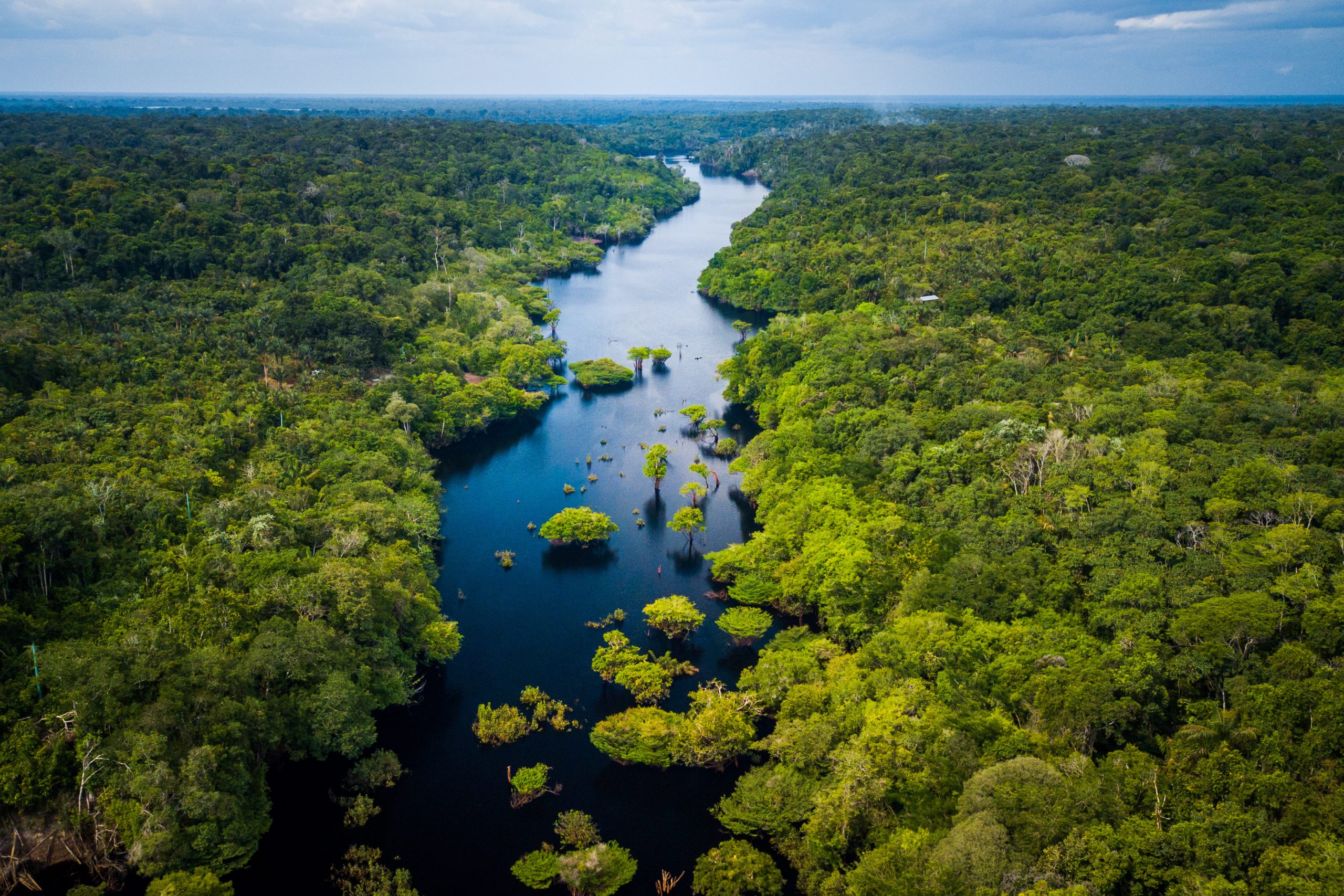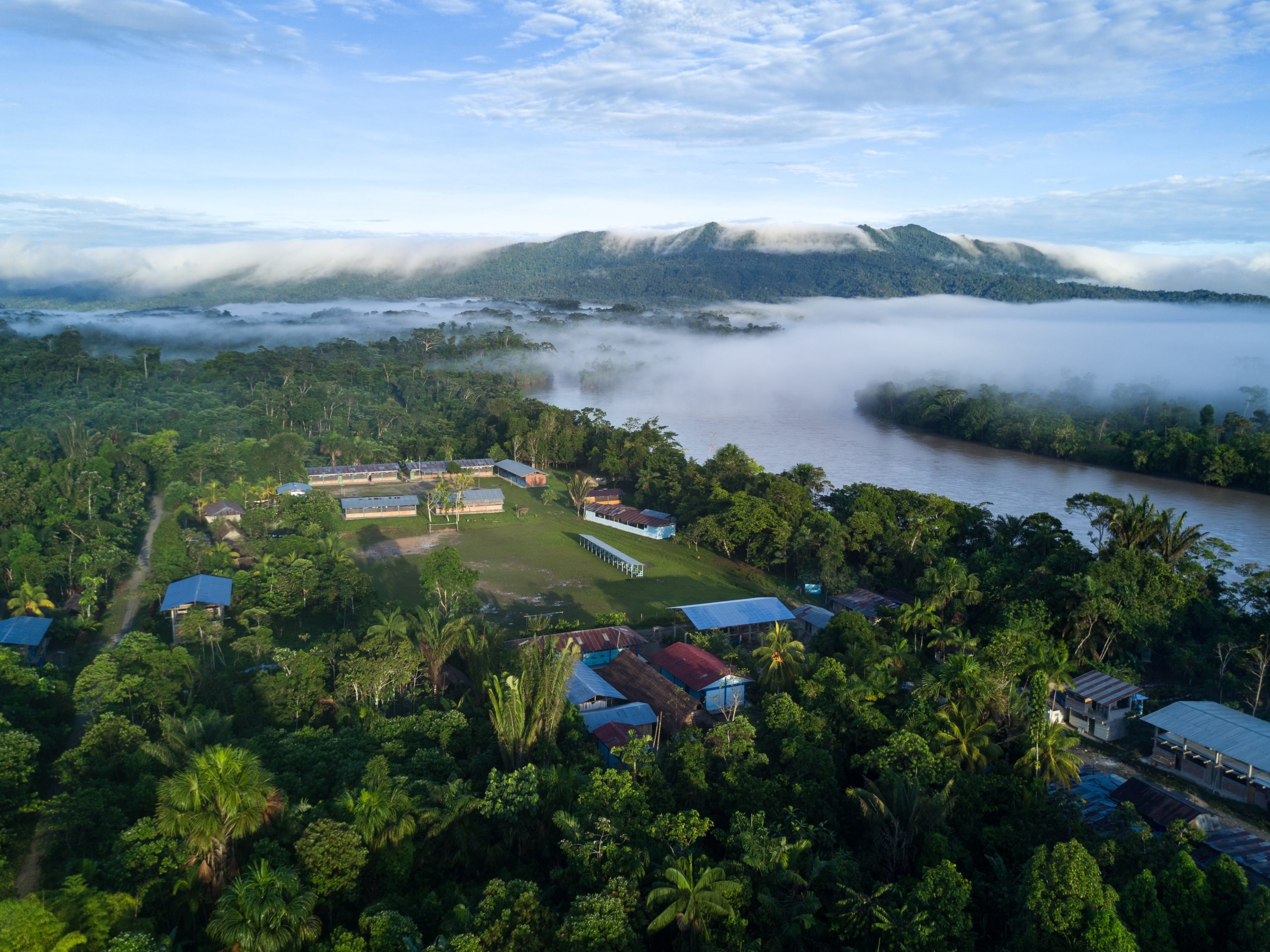


Wiping climate change out
When did climate change become so political? Once, it was simply a topic for concerned scientists and Greenpeace activists – something happening to our oceans and distant glaciers. But times, just like the climate, have changed. Climate policy has since…

